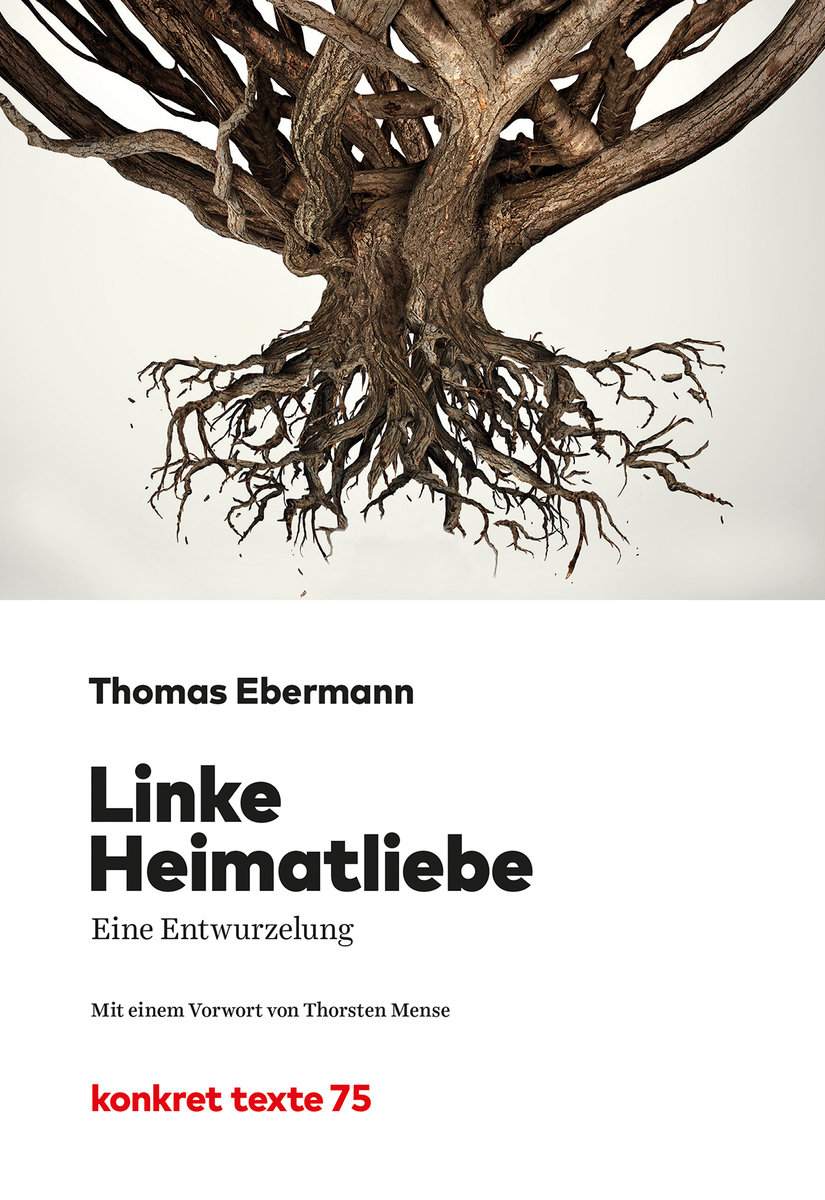Heimat boomt. Ihre Allgegenwart markiert das Grundrauschen der gesellschaftlichen Rechtsentwicklung. Kein Begriff siedelt so nahe an der Volksgemeinschaft wie dieser. Er gehört den Rechten und ist ohnehin nur Statthalter in einer Zeit, in der "Blut und Boden" so ohne weiteres nicht mehr propagiert werden können.
Was Negation verdient, wird von jenen "Linken", die notorisch noch den letzten Dreck nicht den Rechten überlassen wollen, dem alternativen Gebrauch zugeführt. So alternativ ist der oft aber nicht: Die Verwechslung des Menschen mit nicht umpflanzbaren Bäumen; die unentrinnbare Prägung durch Herkunft; die Liebe zu Gebietskörperschaft, Brauchtum und Eckkneipe; der Kampf gegen die Fremden und das Fremde; die Abscheu vor dem Zersetzenden; all das findet sich auch im "linken" Heimatdiskurs.
Dieses Buch seziert seine aktuellen Ausformungen und seine affirmativen Autoritäten - etwa Ernst Bloch, Kurt Tucholsky, Johannes R. Becher oder den vorgeblichen Erneuerer des Heimatfilms, Edgar Reitz. Der Autor zügelt dabei seinen Hass auf die "Gemütlichkeit" keineswegs.


